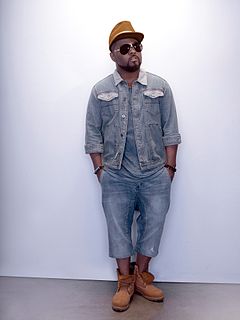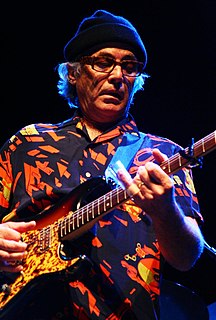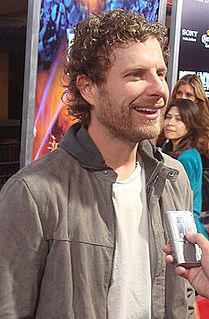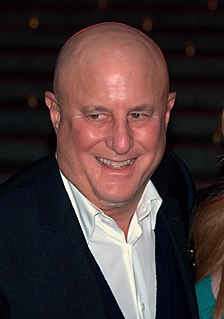A Quote by Amanda Palmer
I think people have been obsessed with the wrong question, which is how do we make people pay for music? What if we started asking, how do we let people pay for music?
Related Quotes
With moviemaking, the audience always has to keep asking, 'What happens next?' If you have the wrong piece of music over a scene, people aren't going to get the scene. If you have the wrong camera angle, people aren't going to pay attention. That's as much a part of the process as getting people to talk to you.
Hip hop music and soul music have been the two main motivators for me musically. The music I make is hip hop soul, but I do make r&b music as well. I don't think I make r&b music to the point where I'm accurately categorized. There's more to what I have to offer and offer in the future. People could choose to respect it or not, but I pray that you do. As long as you get it, support it, and pay for it, it doesn't really matter.
Whether for company or isolation or just to make it a pleasurable experience, I have music in my ears all the time. I tend to listen to the same things, so I don't really pay too much attention to it. But it's there, and it's nice, and I do pay more attention to it than I probably should. I think, 'How can I use this music in something?'
Technology has altered the way music sounds, how it’s composed and how we experience it. It has also flooded the world with music. The world is awash with (mostly) recorded sounds. We used to have to pay for music or make it ourselves; playing, hearing and experiencing it was exceptional, a rare and special experience. Now hearing it is ubiquitous, and silence is the rarity that we pay for and savor.
If you're frustrated by a music industry that seems too hard to break into, you're not alone. The BIG secret is information...It's not who you know, it's what you know. People who know how to put their music out make money. People who don't know how, have to beg others to help them. It's as simple as that. HipHopBiz.com provides the information people like you have been using since 1992 to release their own music.
The Democrats are threatened by self-reliant people, self-sufficient people. They're threatened by you being independently self-sufficient. Sanctuary cities? You might think that these people would love to offload some of the burden on their social services. You'd be dead wrong. This is how they define their worth. This is how they define their compassion, by forcing the taxpaying, working citizens of their communities to pay for all of this. That's how they get to run around and tell people how great they are.
All the good music has already been written by people with wigs and stuff...Basically what people want to hear is: I love you, you love me, the leaves turn brown, they fell off the trees, the wind is blowing, it got cold, you went away, my heart broke, you came back, and my heart was okay...Modern music is people who can't think signing artists who can't write songs to make records for people who can't hear. Most people wouldn't know good music if it came up and bit them on the ass...If lyrics make people do things, how come we don't love each other?
Because of my experience in Occupy, instead of asking the question, "Who will benefit from this system I'm implementing with the data?" I started to ask the question, "What will happen to the most vulnerable?" Or "Who is going to lose under this system? How will this affect the worst-off person?" Which is a very different question from "How does this improve certain people's lives?"
The U.S. has a system that does have a poor cost-benefit ratio. I mean, 40 million people lack insurance; another 30 million or so are underinsured. The people who are insured do have to worry whether they are able to pay the bills. People become bankrupt because they cannot pay the medical bills, and there are vast differences in the quality of care depending on how much you are prepared and able to pay. I think the system is not working well.



































